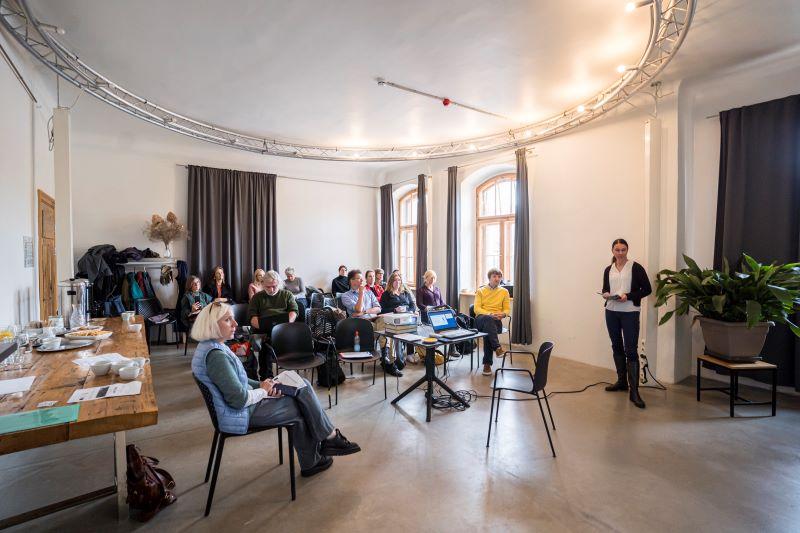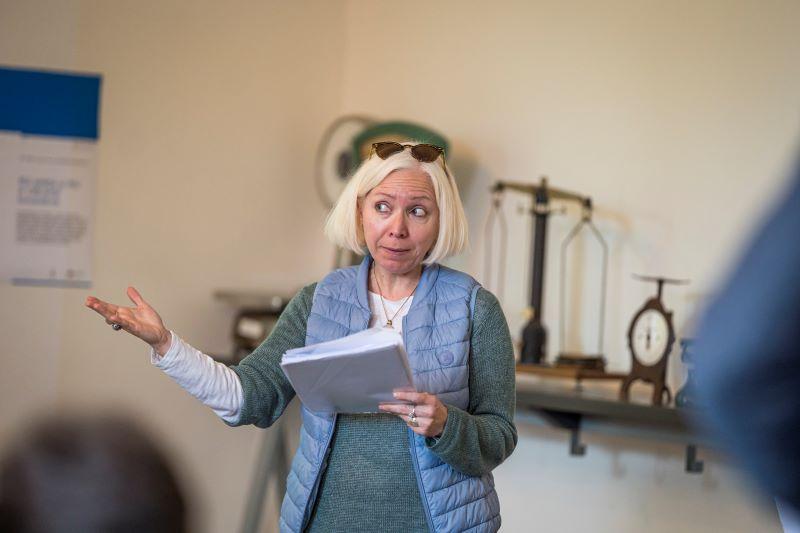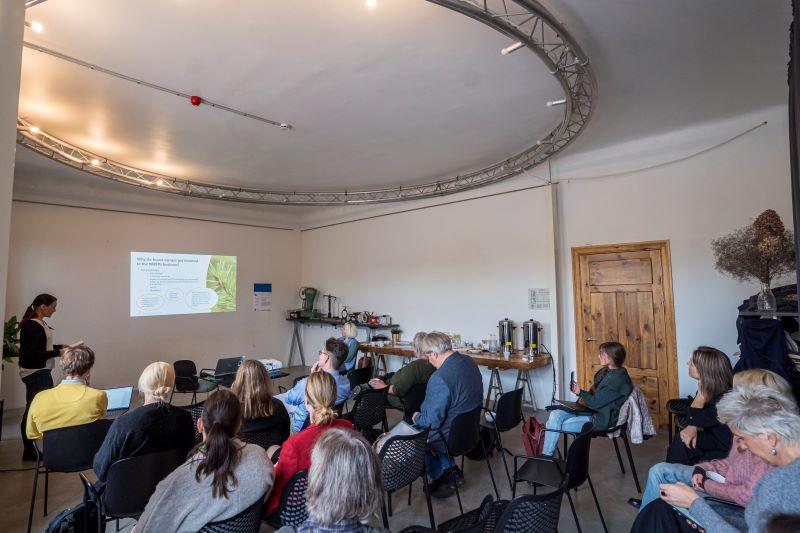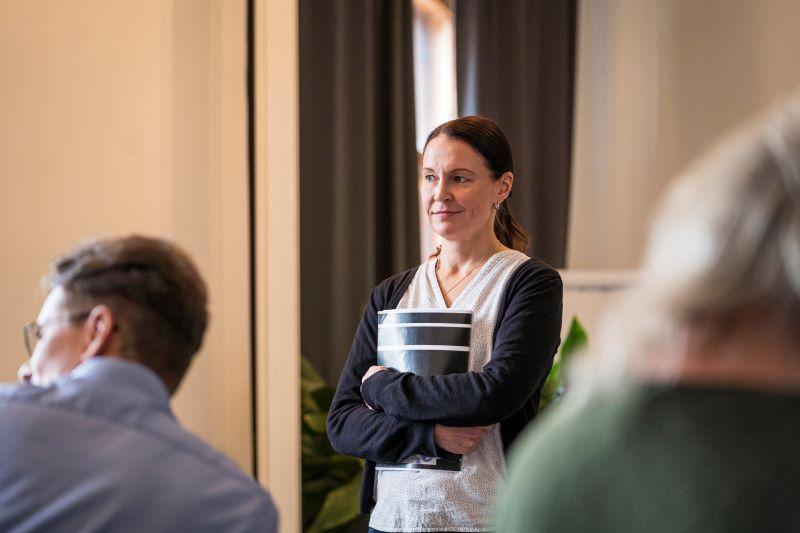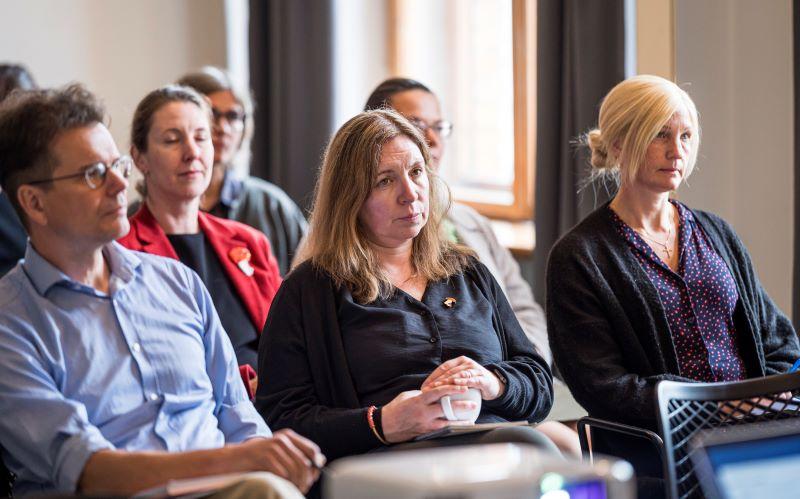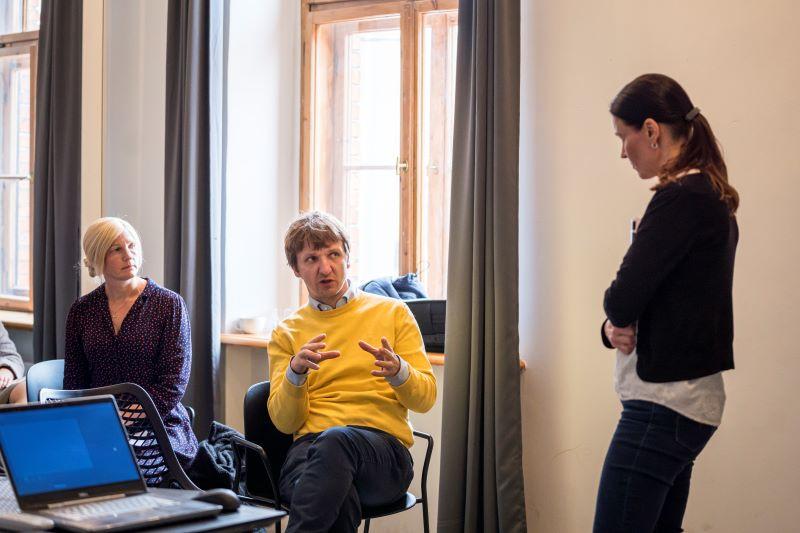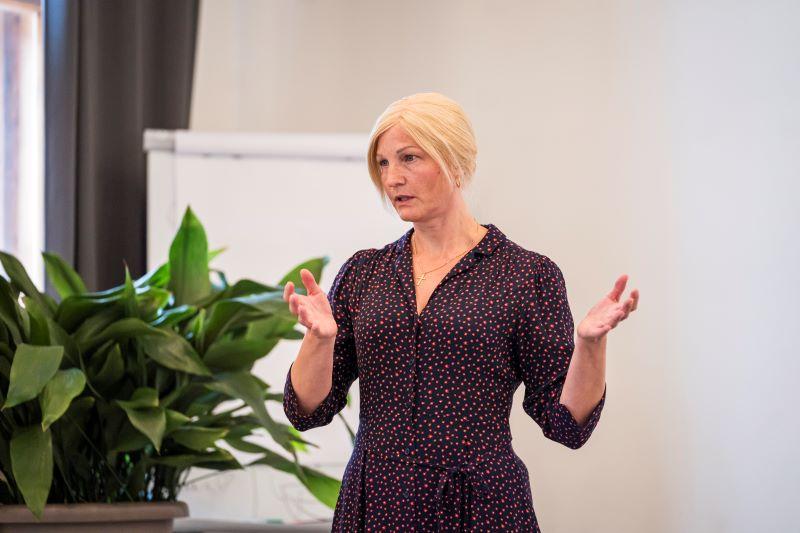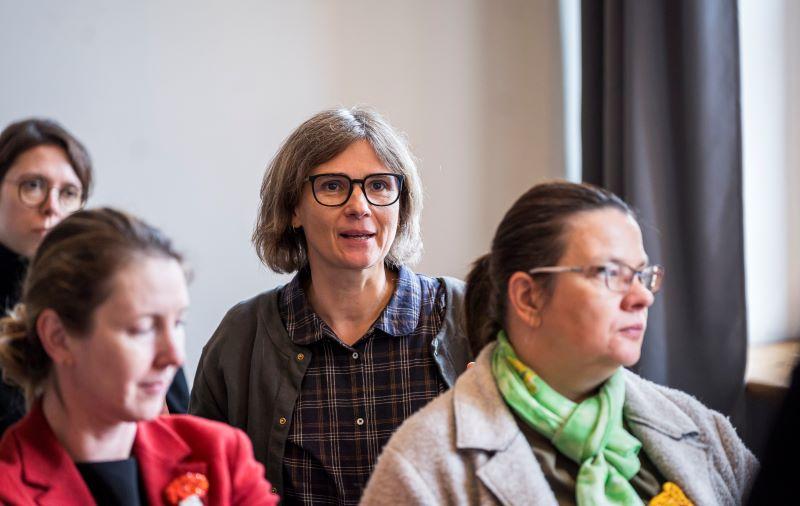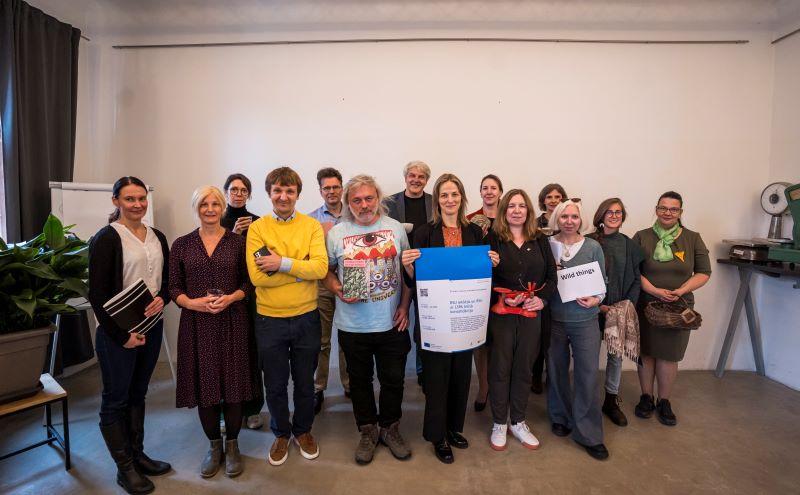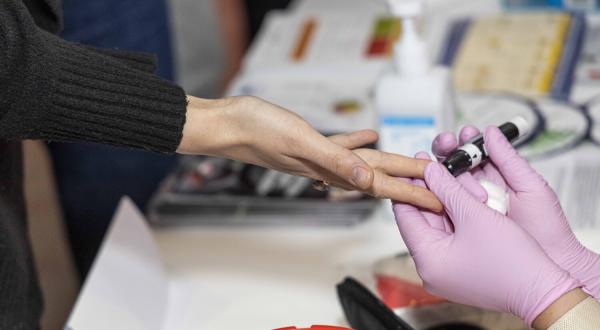RSU Faculty of Social Sciences organised international symposium Wild Things at Āgenskalns Market
On 3 October, Āgenskalns Market hosted the international symposium Wild Things on wildlife research, organised by Tenured Professor Miķelis Grīviņš and Senior Researcher Jana Kukaine from the Rīga Stradiņš University (RSU) Faculty of Social Sciences. The symposium highlighted current trends in wildlife research from the perspectives of the humanities, social sciences and natural sciences, demonstrating the diversity of approaches and views, as well as common interests, and laying the foundations for future collaborations.
The symposium brought together researchers from the Nordic countries as well as Scotland, Belgium, Poland and Lithuania. The Latvian Mycological Society also participated and shared their stories.
Through the lense of wilderness research
Sharing her reflections after the symposium, Jana Kukaine says: ‘As the symposium was attended mainly by researchers from Northern Europe, it is not surprising that forests were at the forefront in how participants interpreted “wilderness”.
However, the view of the forest among the symposium participants was not uniform.
A forest is an economic activity, a source of livelihood and a resource, something to be managed, cared for and monitored. Forests are also an opportunity for socialising, relaxation and leisure. The link between forests and national identity and cultural heritage was clearly highlighted, for example by the Finnish researchers, who highlighted a story from the epic poem Kalevala, which describes how the peasant girl Marjata becomes pregnant while picking lingonberries in the forest. It the story of the Virgin Mary's immaculate conception, adapted to the customs and way of life of the Finnish people.’
Making science accessible
Given the popularity of wild foods in Latvia, the symposium ensured that anyone interested could attend and listen to the researchers' reports. For this reason, the symposium was held in the conference rooms at Āgenskalns Market, so that everyone could take part in the discussions. Prof. Grīviņš says: ‘Science needs to become more accessible to the public, and it is only natural that when we talk about topics that are so close to the people of Latvia, we at least try to allow people to participate in the discussions. I think we succeeded - throughout the conference we saw that there were people in the audience who were simply interested in the topic.
We want to keep exploring this topic and it is important that people see why we are doing this and maybe later on they will be willing to get involved in other activities, such as data collection.’
Opportunities for future collaboration
In their discussions, the researchers agreed to look for ways that the discussion initiated at the symposium could be developed in several directions. Firstly, the researchers will explore ways of bringing together the research that was presented into a single book. Secondly, they will explore ways of working together in smaller groups, for example through joint research proposals or support for other research activities. Thirdly, they will consider the possibility of holding a follow-up symposium in two years. In addition to these main objectives, the researchers individually outlined what they had learned from the symposium and how it might help them in their future research.
Reflecting on the symposium, Kukaine said: ‘I am most interested in the aesthetic aspects of the forest environment, how interactions with forest plants and the atmosphere contribute to a bodily experience that can have transformative, healing or liberating effects.
Contemporary theories of environmental aesthetics go hand in hand with research into mental health.
It is also worth looking at ancient Latvian pagan rituals, such as taking a traditional Latvian sauna or weaving a wreath, which can be interpreted in the context of contemporary theories. But for me, at the heart of the different approaches is the same question about the relationship between man and nature, and how this relationship can be maintained in an era of climate change and political and social challenges.’
The symposium is part of the project "RSU internal and RSU with LSPA external consolidation”, No.5.2.1.1.i.0/2/24/I/CFLA/005 Postdoctoral Grant “Vegetal Agency and Contemporary Art: Towards Sustainable Relationships with a More-Than-Human World”, No. RSU-PG-2024/1-0003


